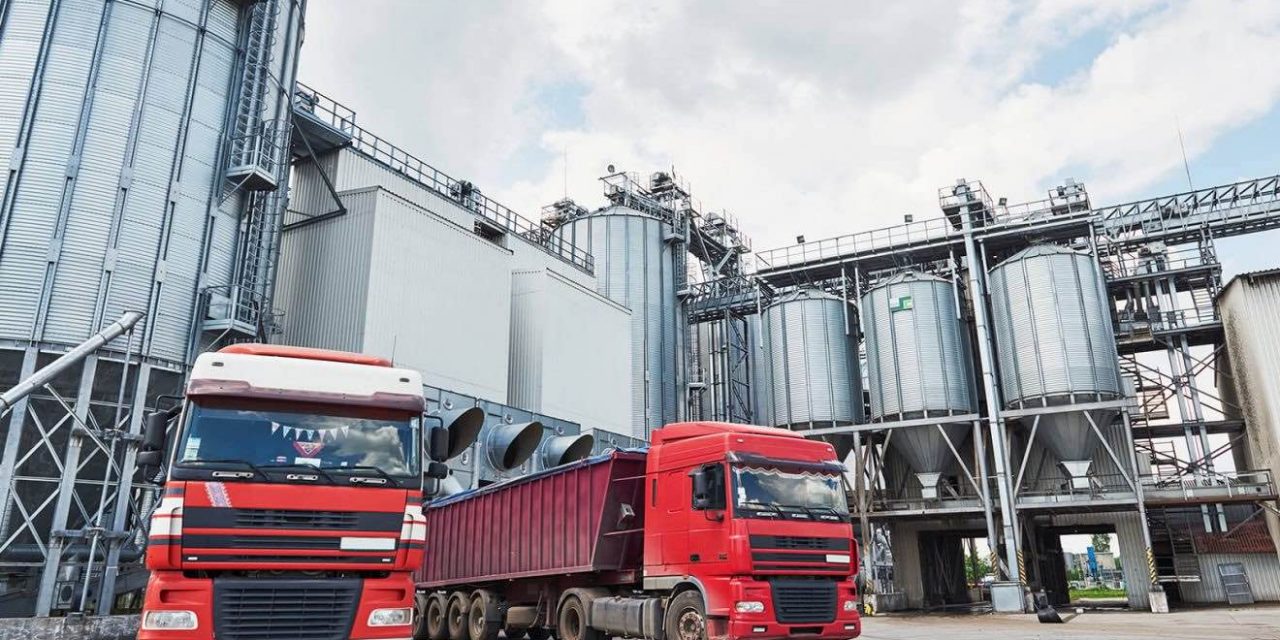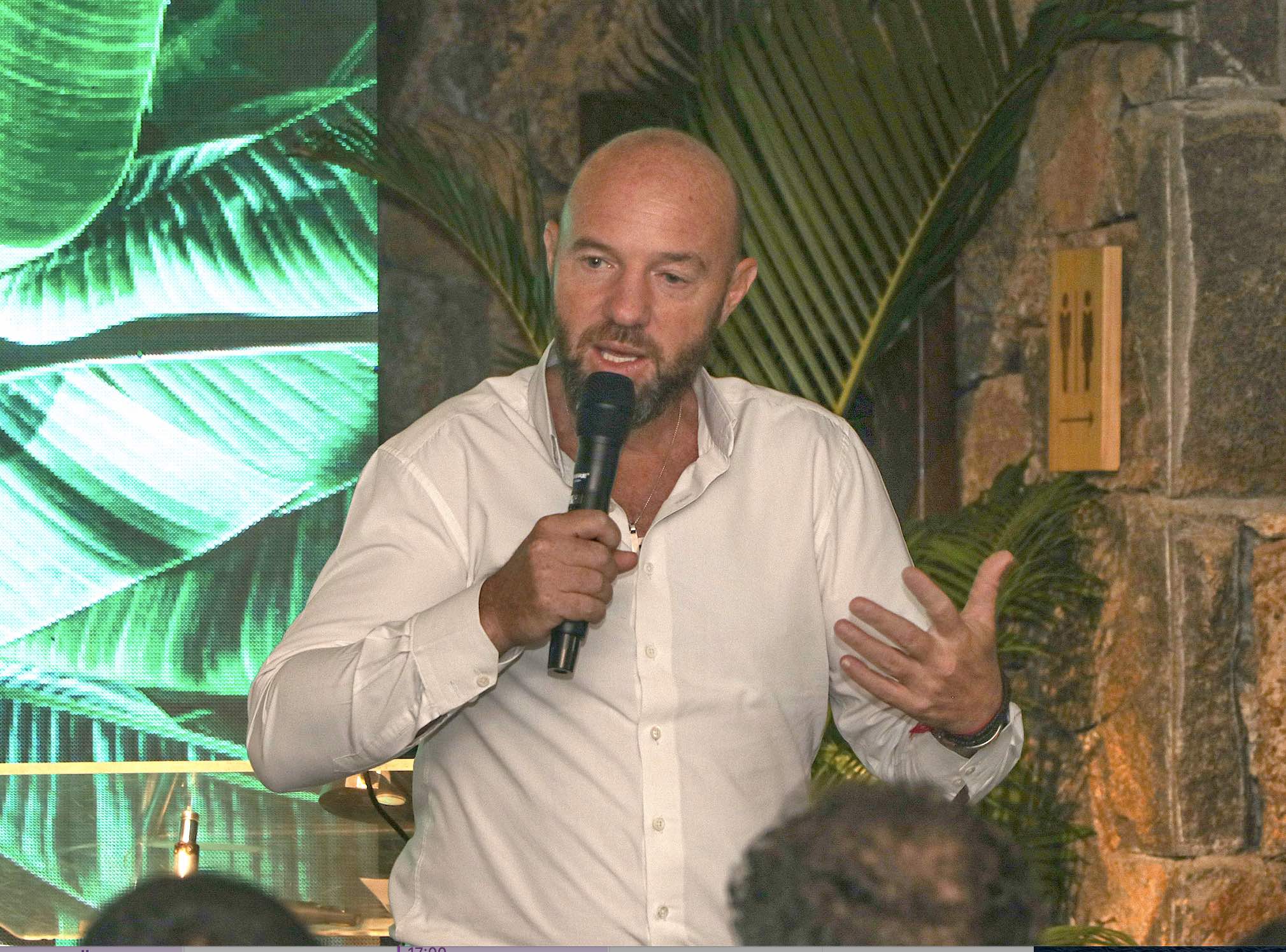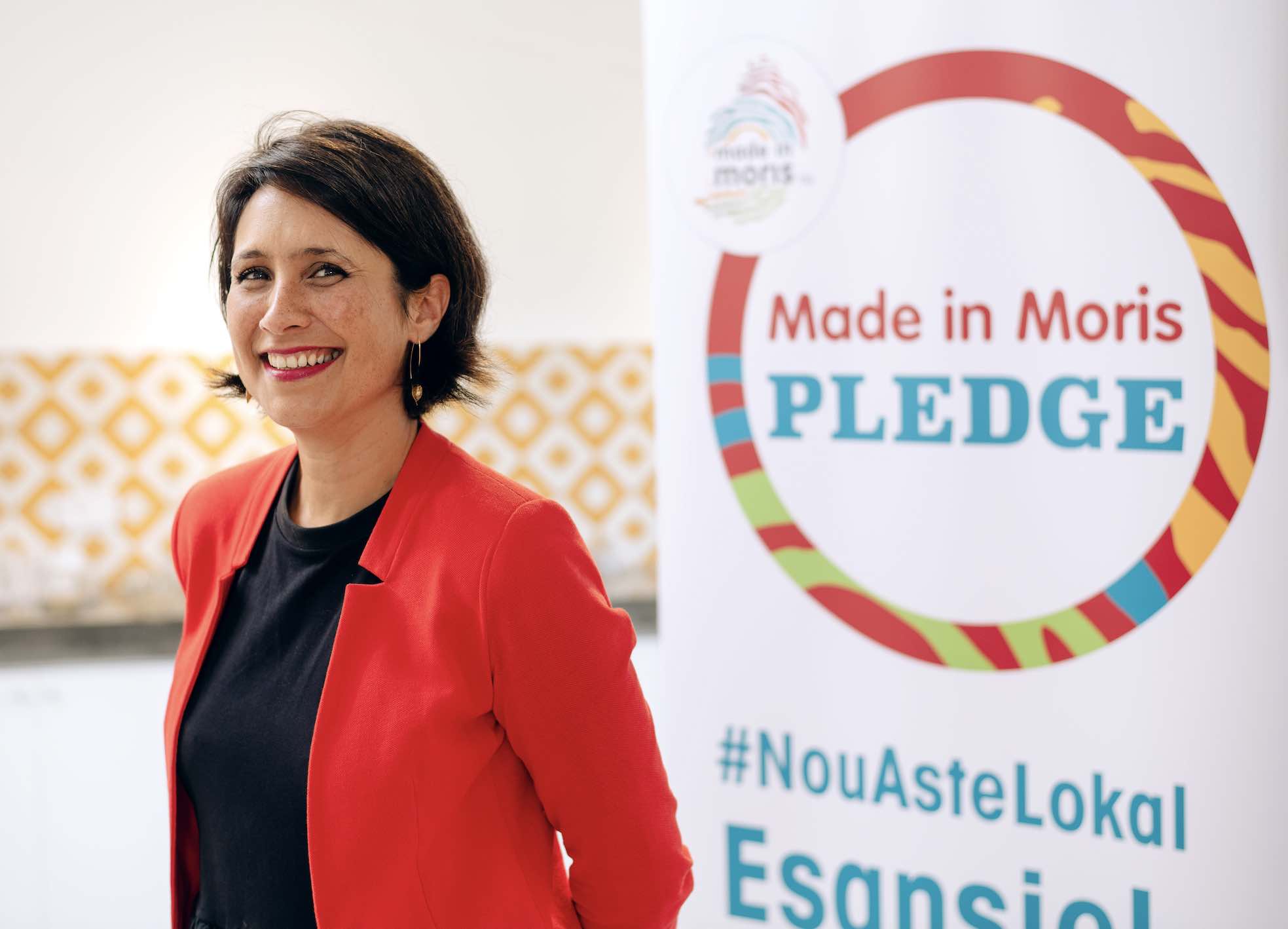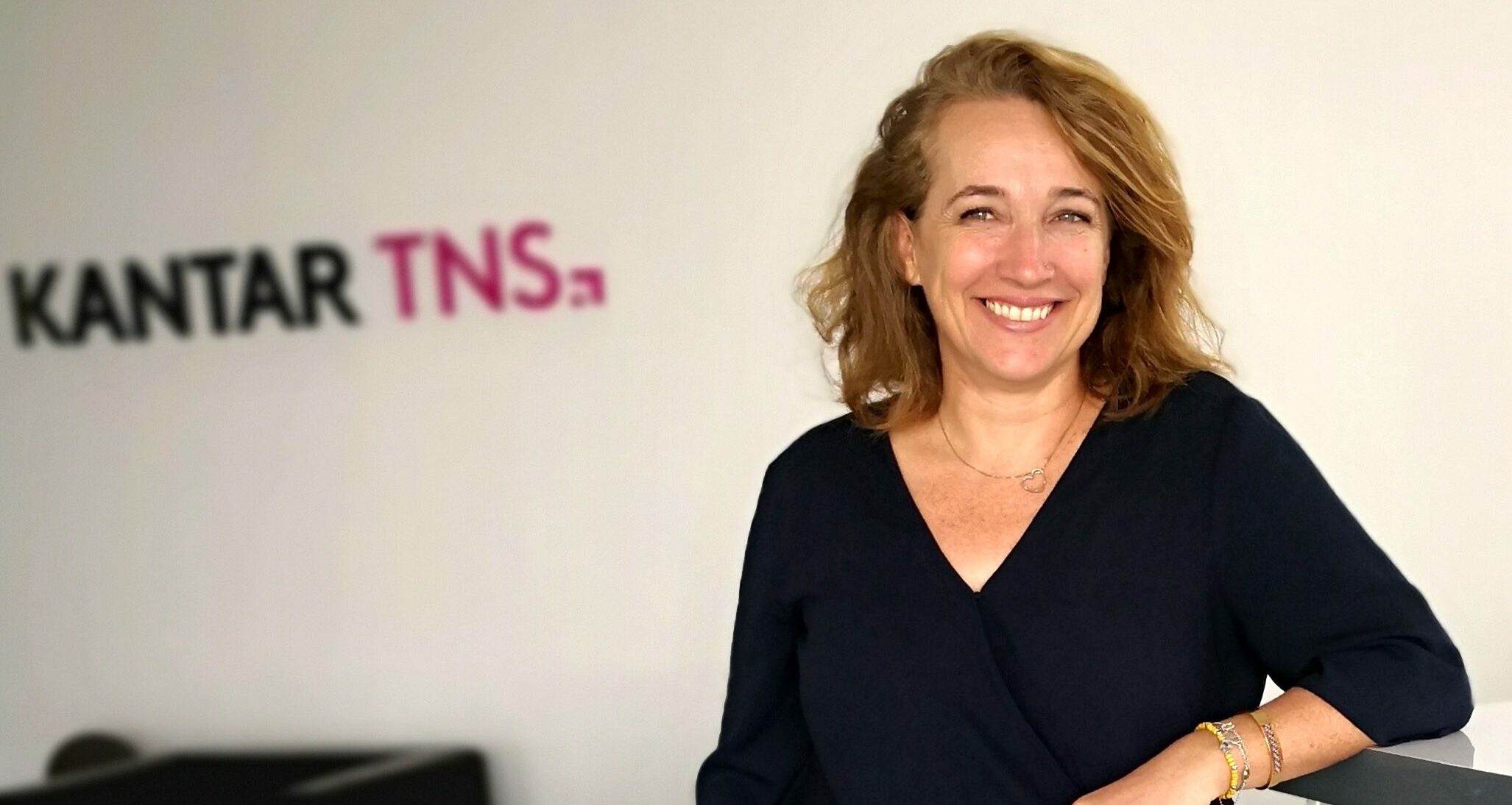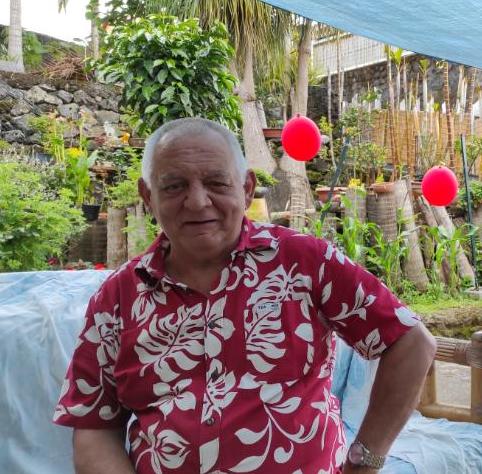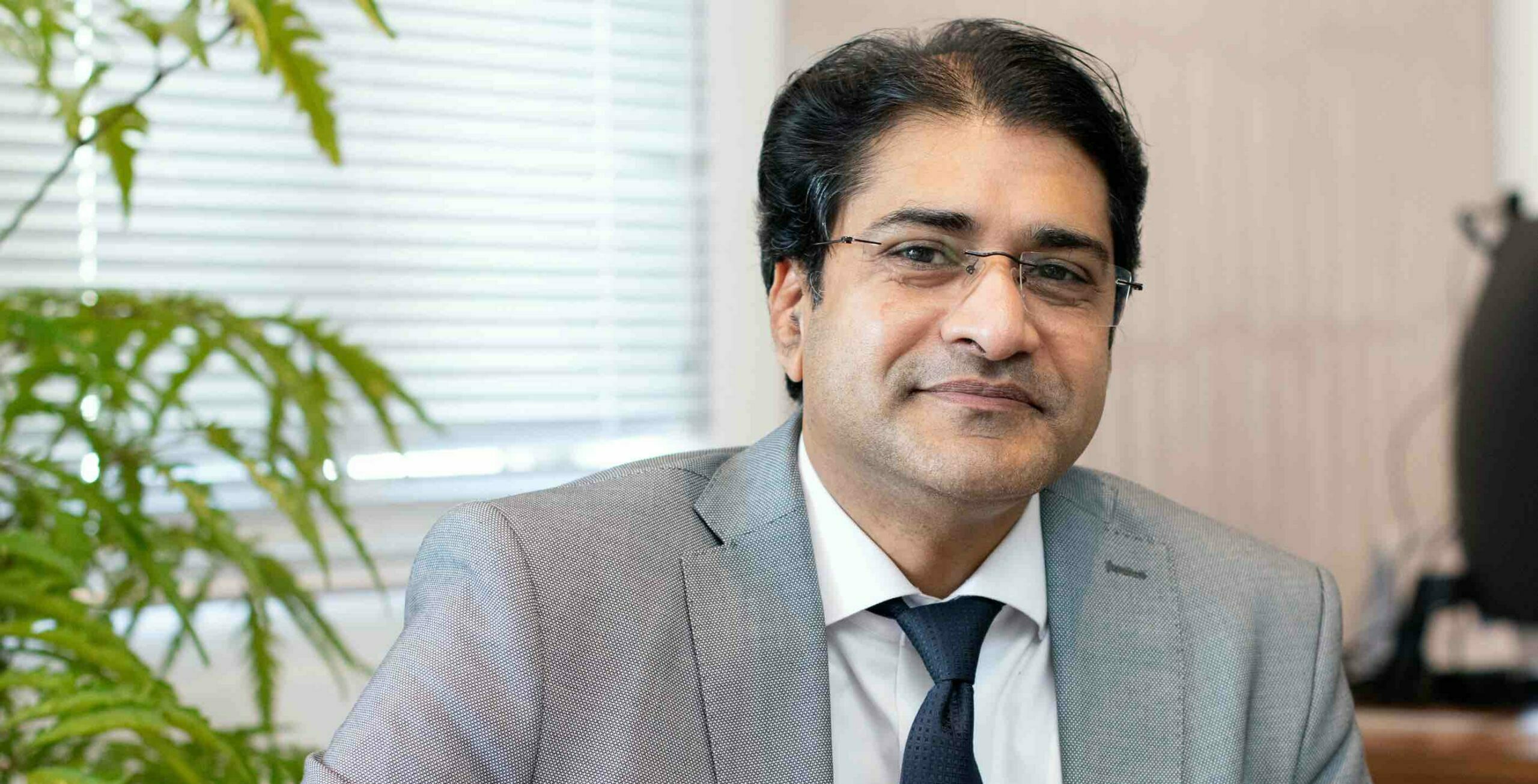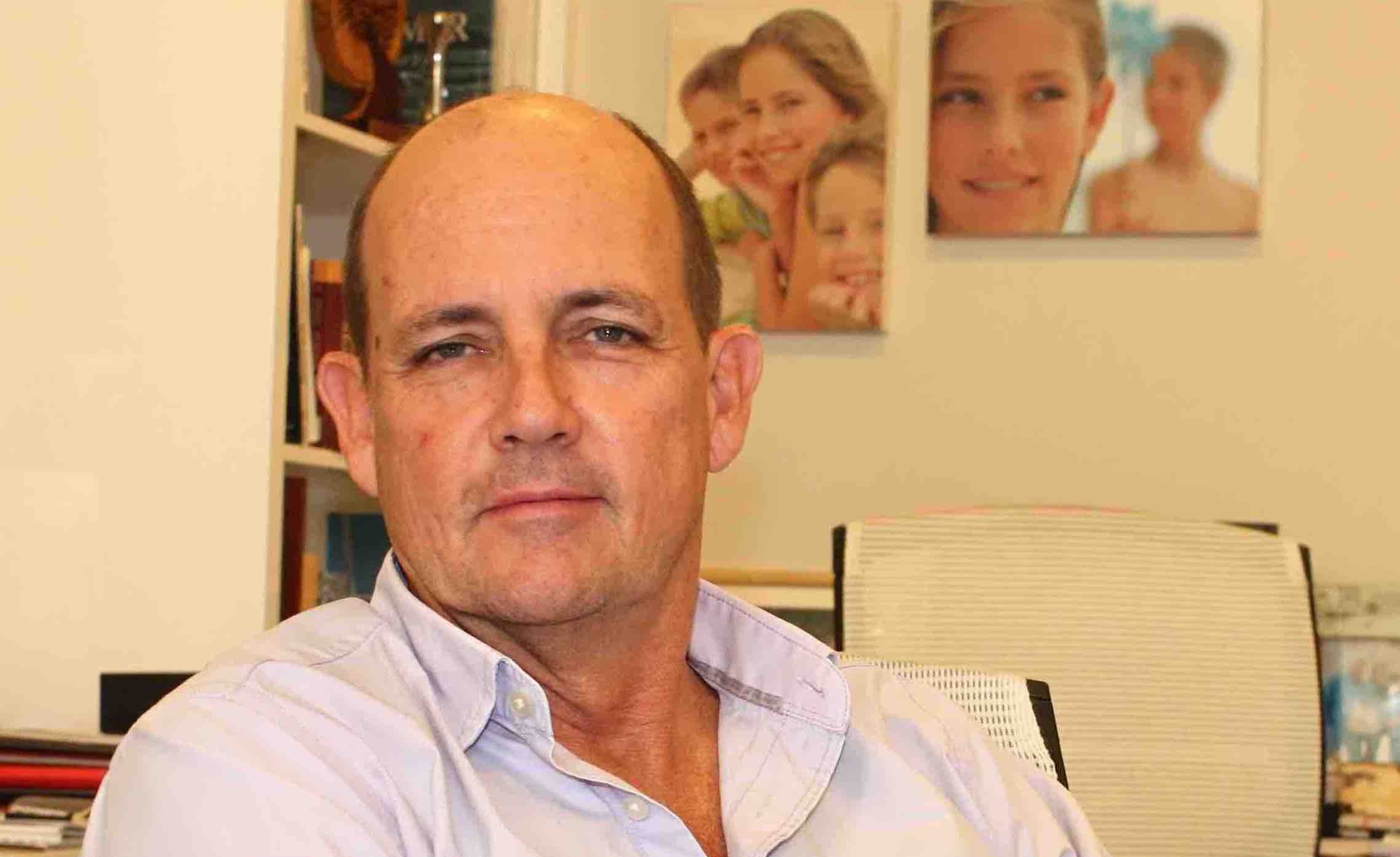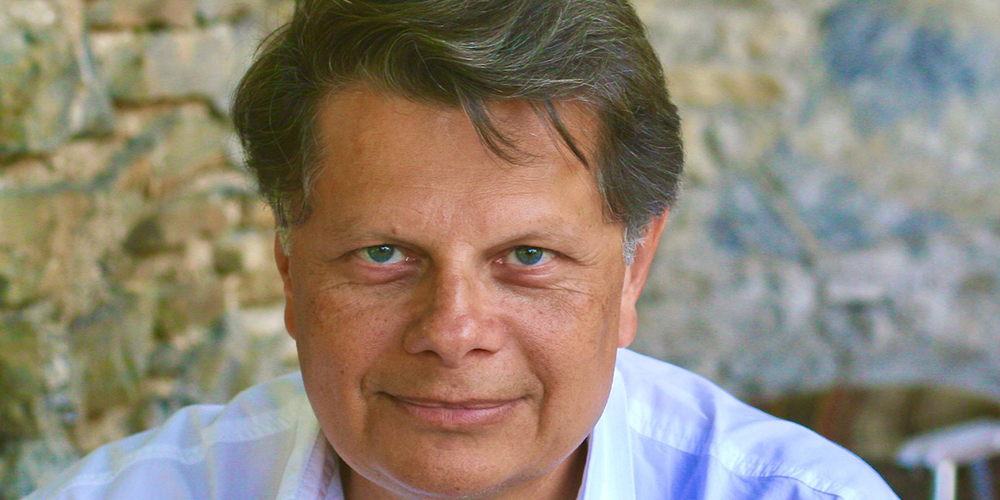The first French bagasse / coal hybrid thermal power plant was inaugurated by Albioma in 1992 at the Bois-Rouge site
photo : ICT IO
French renewable energy producer Albioma SA (EPA: ABIO) announced on Tuesday that its 108 MW Bois-Rouge coal-fired power plant on Reunion Island has received approval to convert to 100% biomass.
The first French bagasse / coal hybrid thermal power plant was inaugurated by Albioma in 1992 at the Bois-Rouge site. It was then the only installation on the island capable of efficiently converting bagasse, a fibrous residue from sugar cane, into electricity to supply the Reunion network. Located in the north of Réunion, the Bois-Rouge cogeneration unit has an installed capacity of 108.5 MW, compared to 60 MW when it was inaugurated in 1992. It is backed by the Bois-Rouge sugar refinery, which supplies it, during the sugar campaigns, the bagasse necessary for its activity. In 2018, the Bois-Rouge power station transformed 230,543 tonnes of bagasse and 150 tonnes of green shredded material into high pressure steam and electricity. According to the principle of cogeneration, part of this energy was returned to the neighboring sugar refinery while the rest was injected into the Reunion network. The company also revealed this week that it has successfully closed its first private placement in euros linked to sustainability (Euro PP), raising a total of 100 million euros.
Conversion of the plant to 100% biomass
Albioma announced on December 8, 2020 the total abandonment of coal on its historic site, after deliberation by the Energy Regulatory Commission (CRE). The latter validated on December 3, 2020 the compensation induced by the signing of an amendment to the electricity purchase contract signed by EDF for the conversion of the plant to biomass. Conversion work will begin in 2021 so that the plant will operate 100% on biomass in the second half of 2023, giving priority to available local biomass deposits (bagasse, forest wood, pruning wood, etc.), supplemented by pellets of imported wood from FSC and PEFC certified forests, whose traceability procedure will be in accordance with the EU timber regulation (EUTR). Ultimately, the conversion will reduce the renewable share of Reunion’s energy mix from 35% to 51% and will reduce greenhouse gas emissions by around 640,000 tonnes of CO2 equivalent per year, a decrease of 84 % of direct emissions compared to the current operation of the plant. On December 3, the Energy Regulatory Commission (CRE) validated the compensation resulting from the signing of an amendment to the electricity purchase contract (PPA) already in place with Electricite de France SA (EPA: EDF ) relating to biomass conversion. At the same time, the contract for the sale of electricity was extended until 2043.
51% renewable energy in the energy mix
At present, the Albioma Bois-Rouge plant covers around 25% of the region’s total energy consumption and after conversion, renewable energies will constitute the majority source of Reunion’s energy mix, increasing the share of 35% to 51%. Conversion work is expected to start as early as 2021 so that it can be finalized in the second half of 2023. The upgraded plant will rely mainly on local biomass deposits, including bagasse, forest timber and pruning timber. According to Euro PP, it consists of two tranches at 7 and 8 years and is 20 million euros higher than the previous one in 2014. The company said it would use the fresh funds to refinance the existing Euro PP, which was scheduled to arrive on December 8, and for general medium-term funding needs. The transaction was settled with the help of Natixis and Société Générale. “This sustainable Euro PP allows us to diversify our sources of financing and gives us greater visibility to carry out our investment program in the years to come under excellent conditions”, commented CEO Frederic Moyne. Albioma aims to achieve a 95% to 100% share of renewable energy in its mix by the end of the decade. In addition to biomass, the company relies on solar energy.
Source : Vincent Pollet / ICT IO


